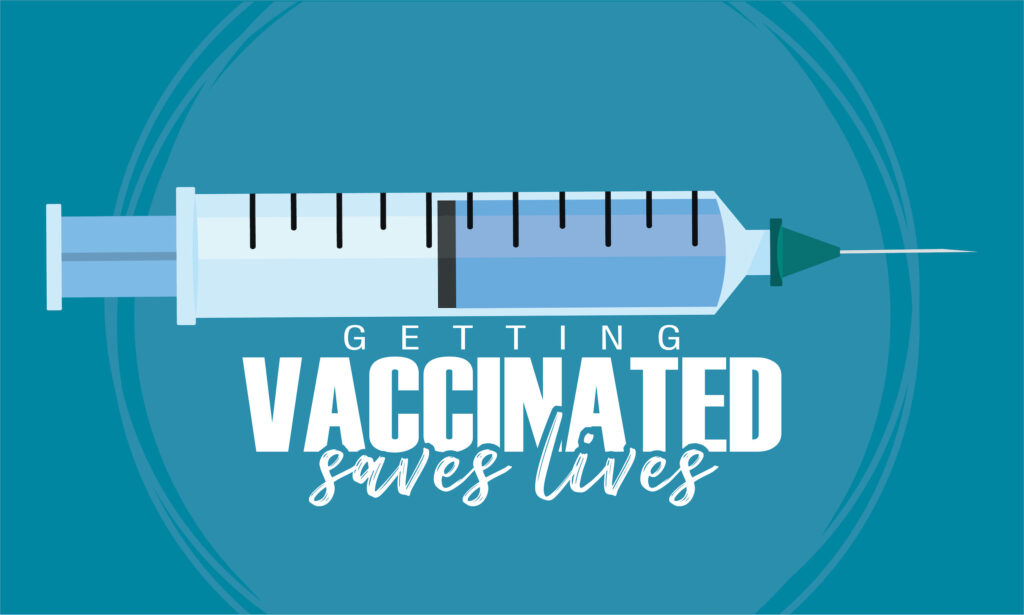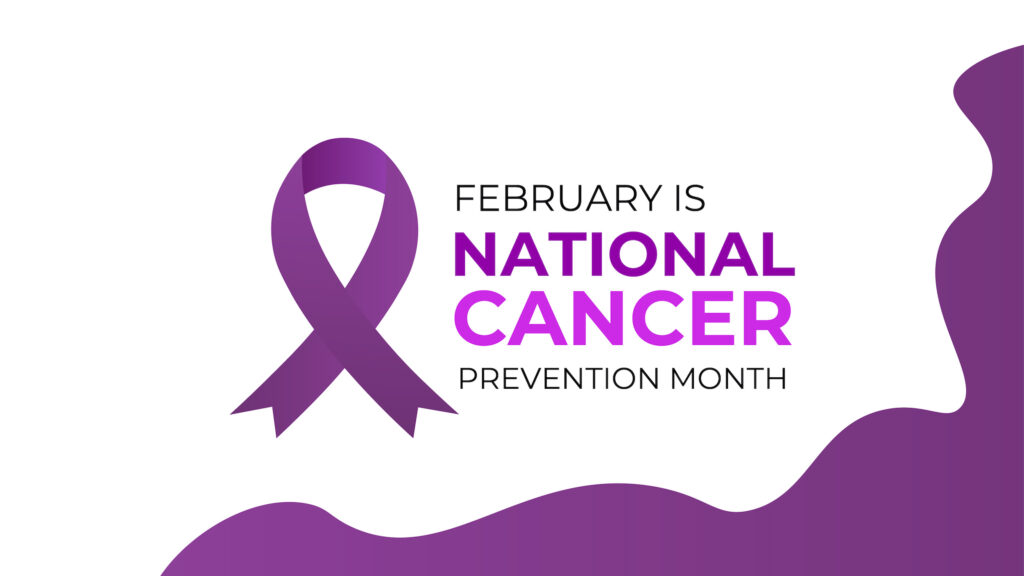As February unfolds, we commemorate National Cancer Prevention Month, a time dedicated to raising awareness about cancer prevention strategies and honoring those who have left an indelible mark on the fight against this devastating disease. Amidst this observance, we also pay homage to Black History Month, celebrating the achievements and contributions of African Americans throughout history. In this intersection lies the remarkable story of Henrietta Lacks—a tale of resilience, tragedy, and a profound legacy in medical science.
Henrietta Lacks: A Legacy in Medical Science
Henrietta Lacks, an African American woman, unwittingly became a beacon of hope in the realm of medical research. In 1951, cells harvested from her cancerous tumor, without her consent, laid the foundation for what would become one of the most significant advancements in modern medicine—the HeLa cell line. These cells, immortal and rapidly replicating, revolutionized medical research, playing a pivotal role in countless breakthroughs, from the development of the polio vaccine to groundbreaking cancer treatments and advancements in heart medicine.

Yet, Henrietta’s story is not one merely of scientific triumph; it is also a poignant reminder of the ethical complexities surrounding medical research and patient rights. Her cells were taken without her knowledge or consent, sparking ethical debates that continue to resonate today. Henrietta Lacks’s enduring legacy serves as a catalyst for discussions on privacy, consent, and the importance of advocating for patients’ rights in the medical field.

Active Prevention Through Screenings & Vaccination
As we reflect on Henrietta’s contribution to medical science, we are reminded of the ongoing battle against cancer and the importance of prevention strategies. Among these, regular screenings play a crucial role in early detection and prevention. Mammograms, recommended annually starting at age 40, serve as a vital tool in detecting breast cancer early. For individuals with a family history of the disease, screenings may begin even earlier, 10 years before the age at which the first-degree relative was diagnosed.
Similarly, pap smears, recommended every three to five years, are essential for detecting cervical cancer early. However, individuals with abnormal pap smear results may require more frequent screenings to monitor their health effectively. Additionally, the HPV vaccine, recommended for individuals aged 9 to 49, provides critical protection against the most common strains of human papillomavirus, reducing the risk of cervical cancer and other related diseases.
As we strive to prevent cancer, screening for colorectal cancer also plays a pivotal role. Colonoscopies, recommended starting at age 45, are instrumental in detecting precancerous polyps or early-stage cancer, offering the opportunity for early intervention and treatment.

Promoting Healthy Lifestyle Habits
Beyond specific screenings and vaccinations, adopting healthy lifestyle habits can further reduce the risk of cancer. One crucial aspect is maintaining a balanced diet with nutritious foods and incorporating regular exercise into your routine. Additionally, quitting smoking stands out as one of the most impactful actions individuals can take to safeguard their health. Smoking not only increases the risk of lung cancer but also contributes to the development of various other cancers, underscoring the importance of tobacco cessation in cancer prevention efforts.
In commemorating National Cancer Prevention Month, let us honor Henrietta Lacks and her enduring legacy in medical science. Let us also reaffirm our commitment to cancer prevention through regular screenings, vaccination, and the adoption of healthy lifestyle habits. By prioritizing prevention and advocating for equitable access to healthcare, we can strive toward a future where cancer is no longer a pervasive threat to our communities.


